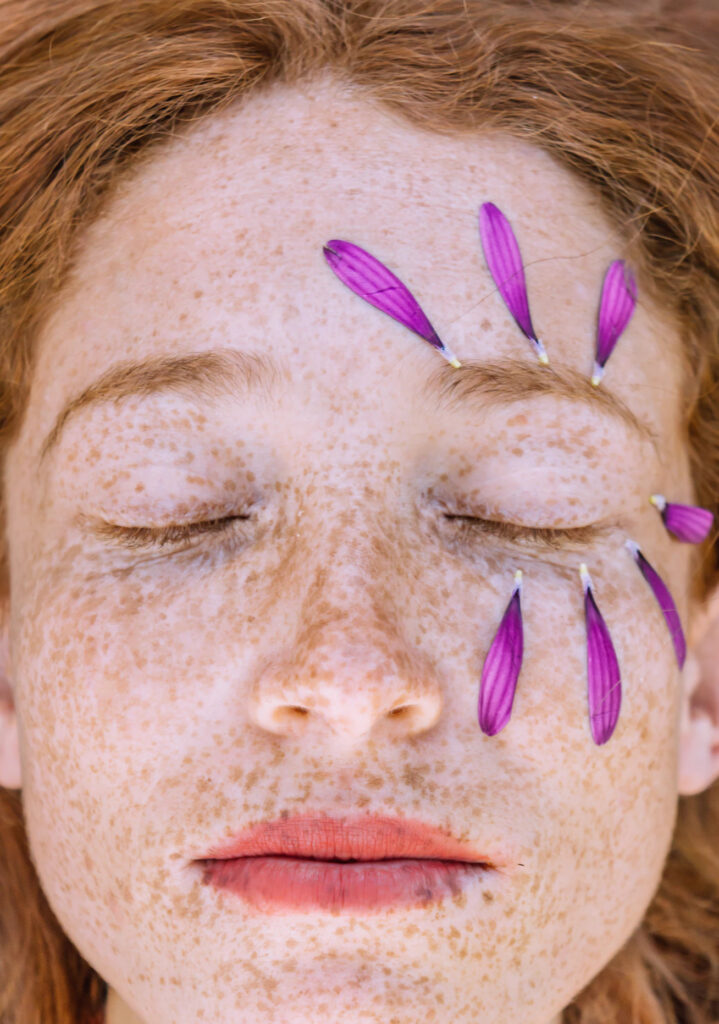Most teens experience some form of acne, mild or severe, after puberty. But does it mean that acne is unavoidable? Absolutely not!
If you teen complaints about inflamed pores and breakouts, the last thing they want to hear is that things will sort themselves out over time.
“Everyone has acne at your age. It’s normal.”
“It’ll disappear when you get older.”
“I had it too, and see, I’m fine now.”
Here’s a tip: Your teen doesn’t want to hear any of these responses. So, here is how you can help them.
What causes acne during puberty?
Acne is typically linked to puberty when oil glands in the skin become overactive. Oil buildup can combine with dead skin and bacteria to clog up the pores.
As the body goes through puberty, it releases hormones that super-activate oil glands. Therefore, teenagers are more prone to acne breakouts. However, individuals who experience excessive oil buildup at any age can be met with a similar fate. Therefore, it would be unfair to pretend that acne is only a hormonal problem that concerns adolescents.
Seek dermatologist assistance with cleansing
Washing your skin is the most important piece of advice you can give your teen. Washing the face will help remove excess oil and reduce the risk of buildups. Additionally, it can also get rid of bacteria on the skin, which can contribute to pore inflammation.
There are many different cleansing products for teenager skin; which one should you pick? A dermatologist can provide guidance and help you choose the right product for your skin type. Otherwise, your teen could be using products that dry out their skin, causing the oil glands to work overtime!
You are what you eat
A healthy diet can make a huge difference to skin health. The skin needs vitamins and antioxidants to protect itself. Vitamin deficiencies could lead to skin problems and even facilitate outbreaks and inflammation. It may be useful to check for vitamin deficiencies, so you can help your teen with a targeted diet.
Vitamin C is a natural anti-inflammatory that reduces redness. It also increases the synthesis of collagen, which ensures rapid skin repair after an outbreak. Unfortunately, vitamin C is heat sensitive and water-soluble, making it hard to digest even as part of a healthy diet. But you can increase its intake with multivitamins for teens, which will protect skin health.
Food to avoid to manage acne
Some foods can contribute to the development of acne by influencing sebum production. Refined carbs, such as white flour goods and sugar, have been linked with greater acne risks. Though scientists are unsure of the reason, dairy products can also increase acne severity in teens.
Fast food and food high in unhealthy fat can increase breakout frequency in more than one way. Firstly, they will affect insulin levels, which alters the production of sebum. Secondly, greasy fingers can be the number one cause of clogged-up pores in an unhealthy diet!
Finally, whey protein powder has been identified as a source of acne in male teenagers. Athletes who need protein powder need to swap for a different type of protein.
No teenager with acne needs to wait it off. There are plenty of things that can be done to manage and reduce acne outbreaks, even for young people going through puberty.

